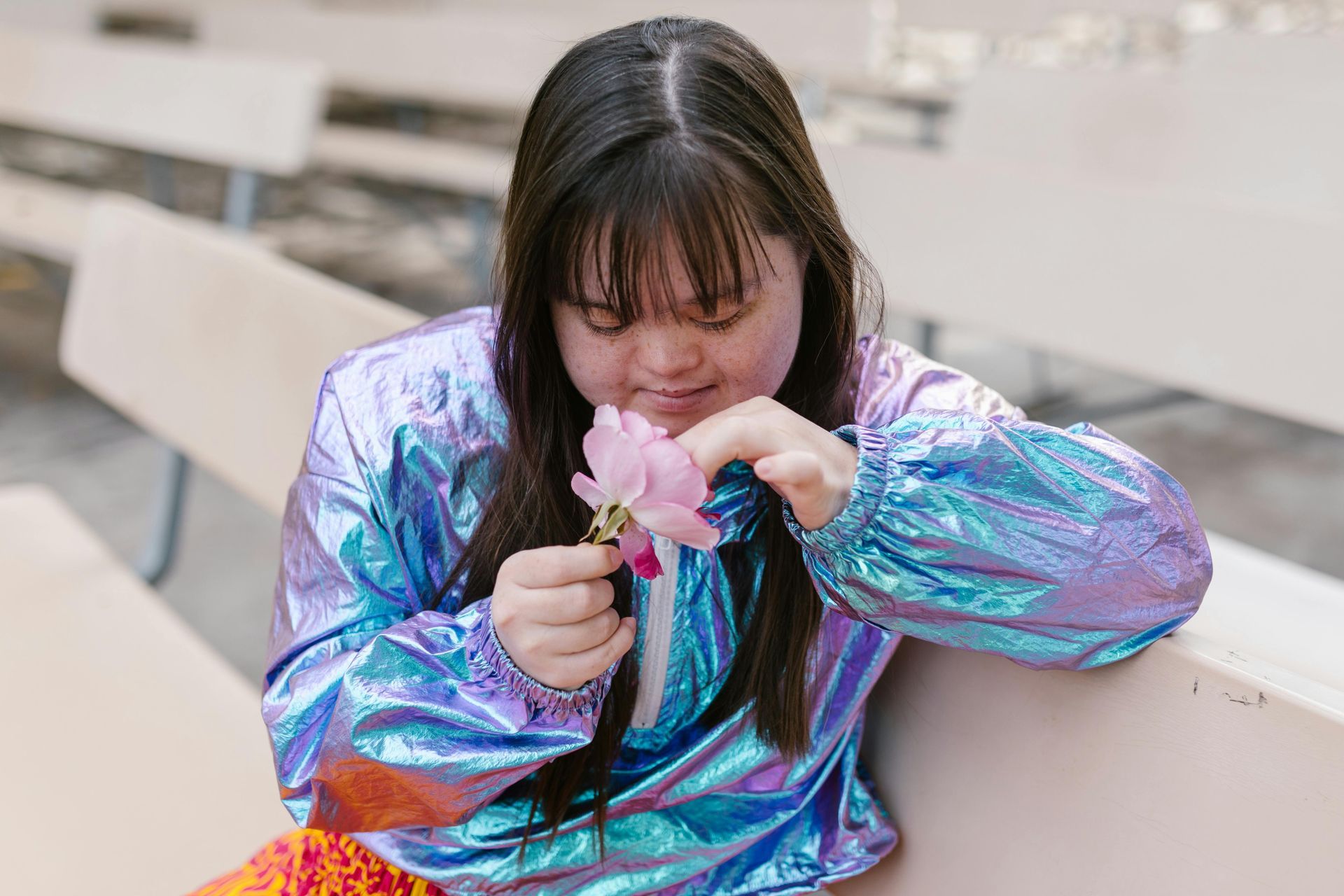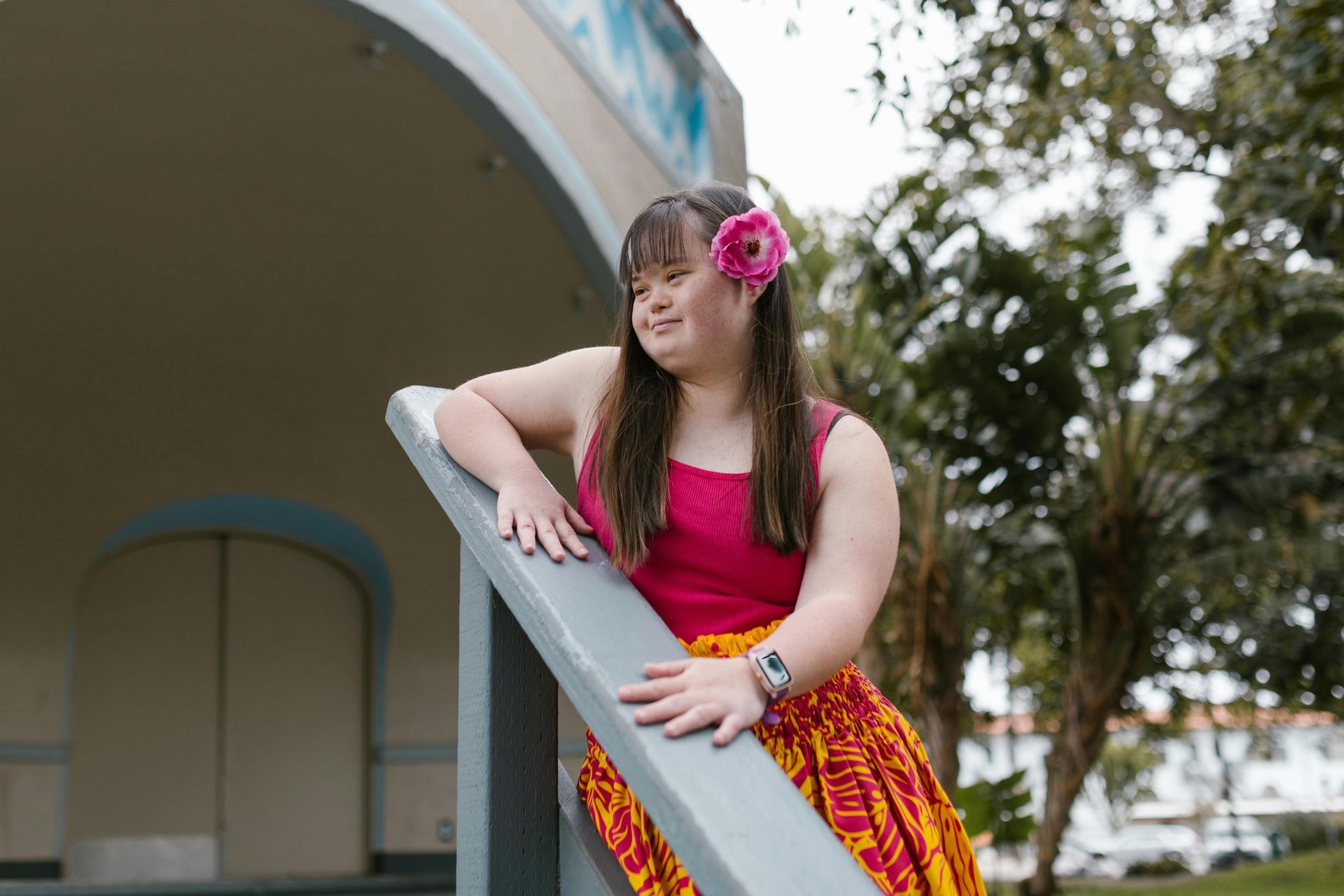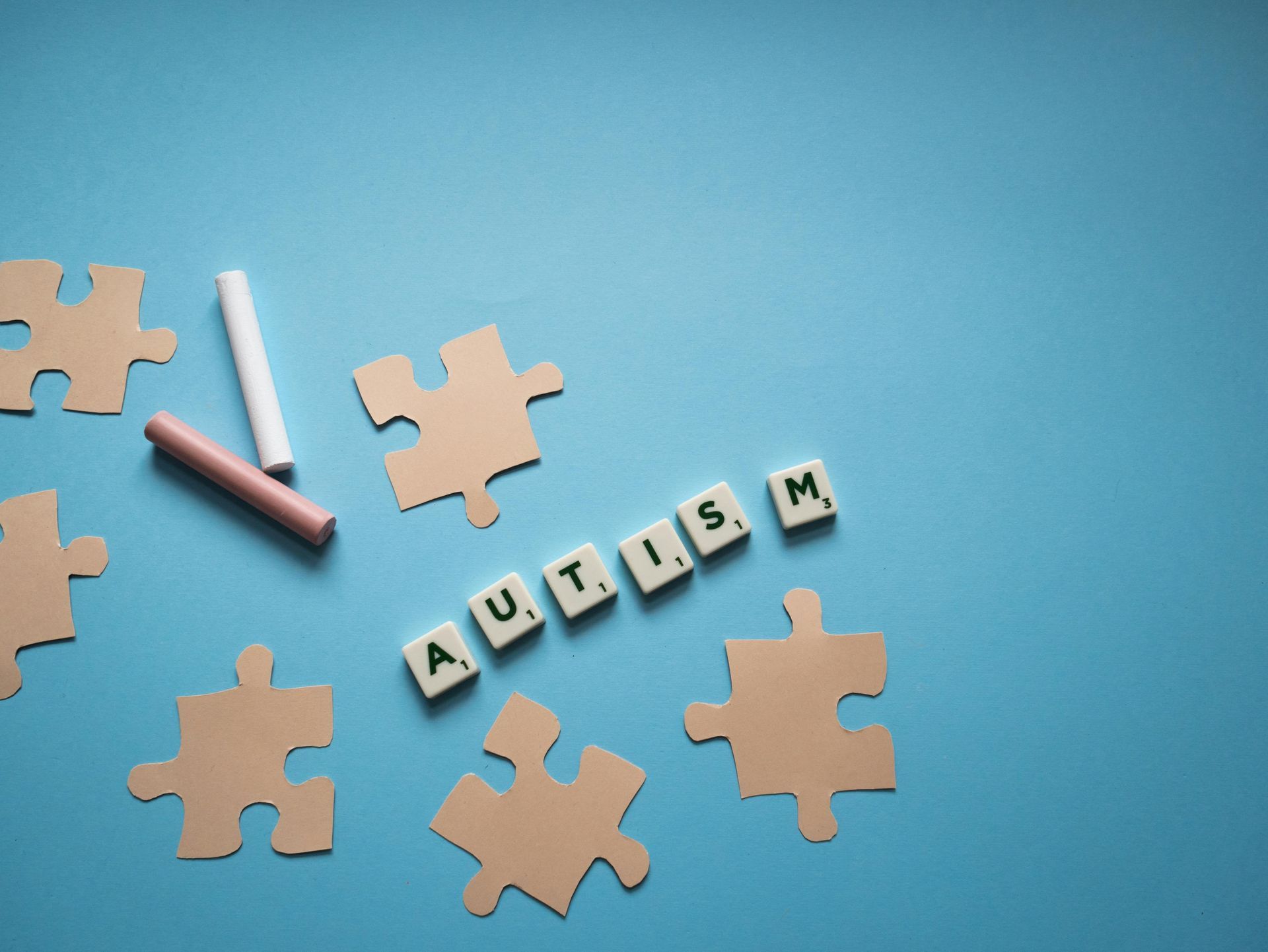Developmental disabilities are a diverse group of chronic conditions that originate during developmental periods, often before birth or in early childhood. These conditions can include intellectual disabilities, autism spectrum disorder (ASD), cerebral palsy, Down syndrome, and other neurological or genetic disorders. While each condition presents differently, they all share a common trait: they impact an individual's ability to learn, communicate, or function independently in some areas of life.
What Causes Developmental Disabilities?
The causes are varied and often complex. Genetics, prenatal exposures (such as alcohol, infections, or environmental toxins), birth complications, and early childhood illnesses or injuries can all contribute. It is important to understand that developmental disabilities are not caused by a person's behavior or socioeconomic background—they are medical and neurological in nature.
The Importance of Early Diagnosis
Early diagnosis and intervention are crucial in managing developmental disabilities. When identified early, children and their families can access therapeutic services such as speech therapy, occupational therapy, special education, and behavioral interventions. These services are essential in building a child’s ability to function as independently and successfully as possible.
Support Across the Lifespan
Developmental disabilities are lifelong conditions, but with the right support systems in place, individuals can lead meaningful, fulfilling lives. Here's how support can be tailored across different life stages:
- Childhood
Children benefit most from inclusive early education programs, structured therapies, and social skill development. Family support and advocacy also play critical roles in navigating school systems and service access.
- Adolescence
Teenagers with developmental disabilities face challenges related to social integration, identity, and preparation for adult life. Vocational training, independent living skills, and mental health support become increasingly important.
- Adulthood
Adulthood brings new challenges and opportunities. With proper vocational programs, job coaching, supported housing, and life skills training, many adults with developmental disabilities can work, live semi-independently, and build relationships in their communities.
- Older Adults
Aging individuals with developmental disabilities may face unique issues, including earlier onset of age-related health problems and the potential loss of lifelong caregivers. Geriatric developmental care requires special planning to maintain quality of life and dignity.
Building Inclusive Communities
Creating inclusive environments is everyone’s responsibility. This includes promoting understanding, acceptance, and accessibility. Inclusive workplaces, schools, and public spaces allow individuals with developmental disabilities to thrive—not just survive.
Mental Health and Developmental Disabilities
Mental health conditions can co-occur with developmental disabilities. Anxiety, depression, and behavioral disorders may sometimes be misdiagnosed or overlooked. Integrated mental health services that are adapted to the communication and cognitive levels of each individual are essential for holistic care.
💡 Take Action Today: Want to learn more about supporting individuals with developmental disabilities across their lifespan? Visit www.globalhandsinc.com to explore services that empower people of all ages to live with dignity, purpose, and independence.










